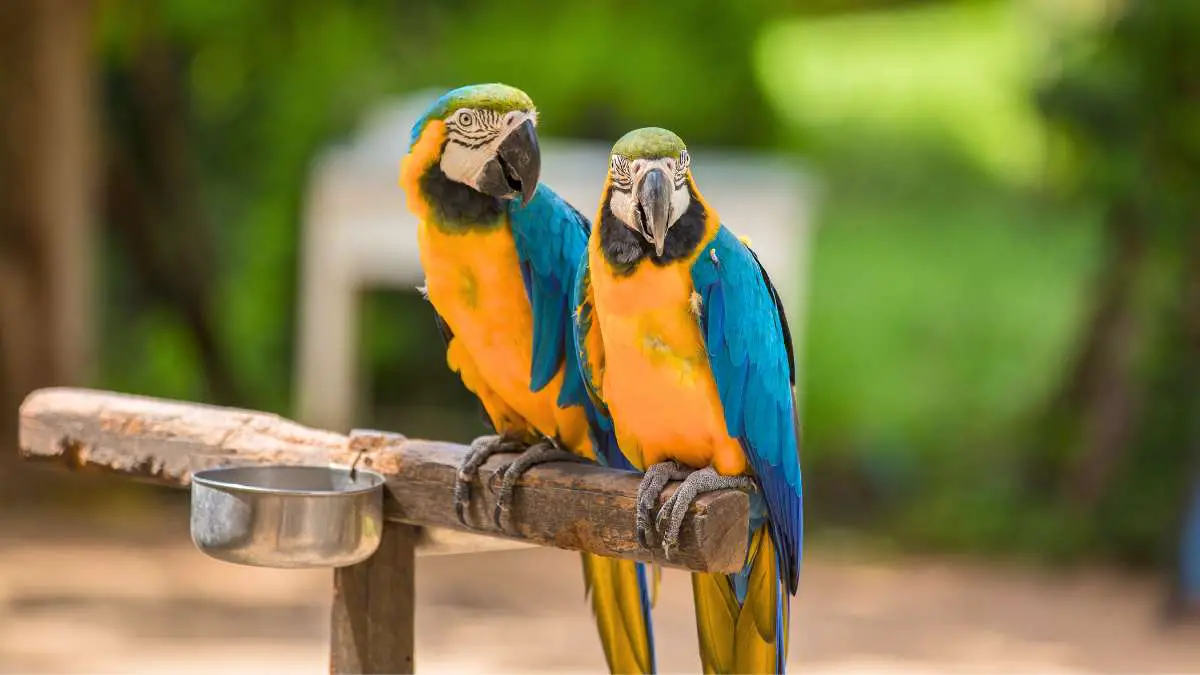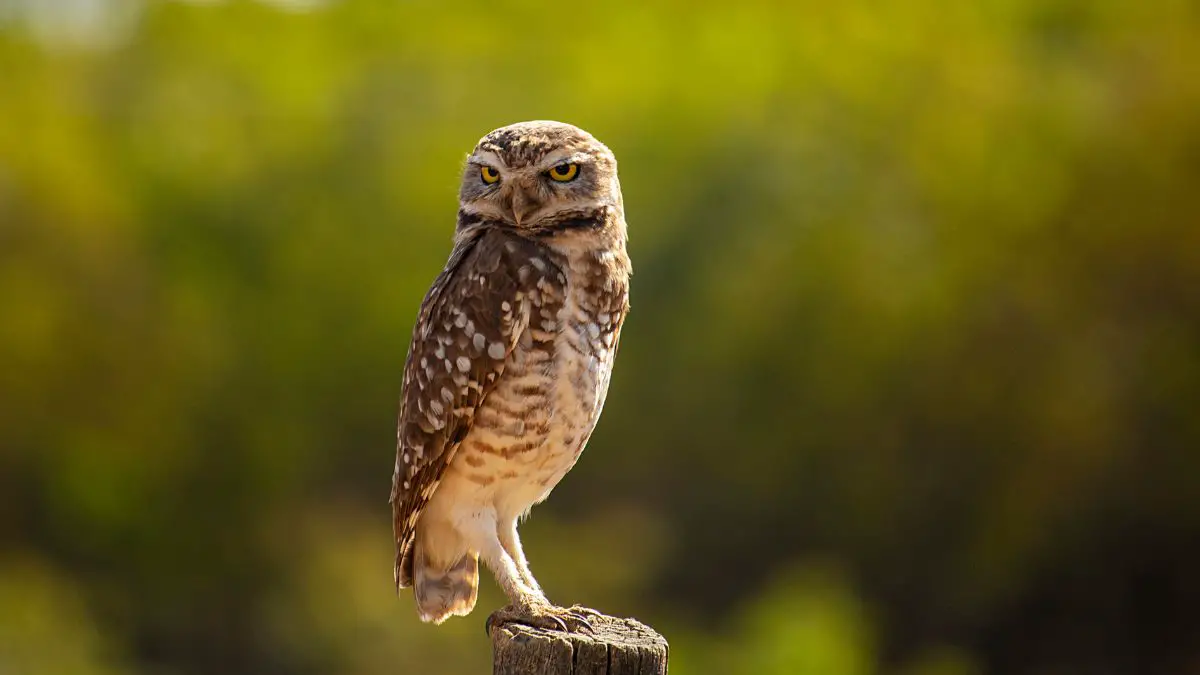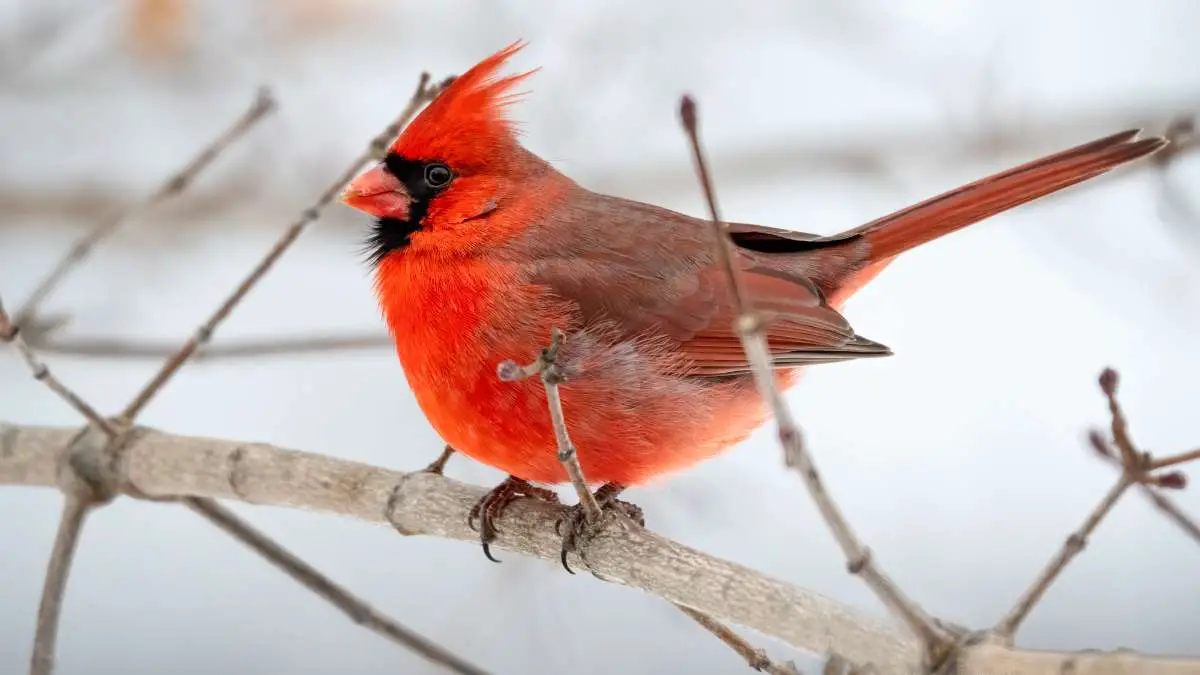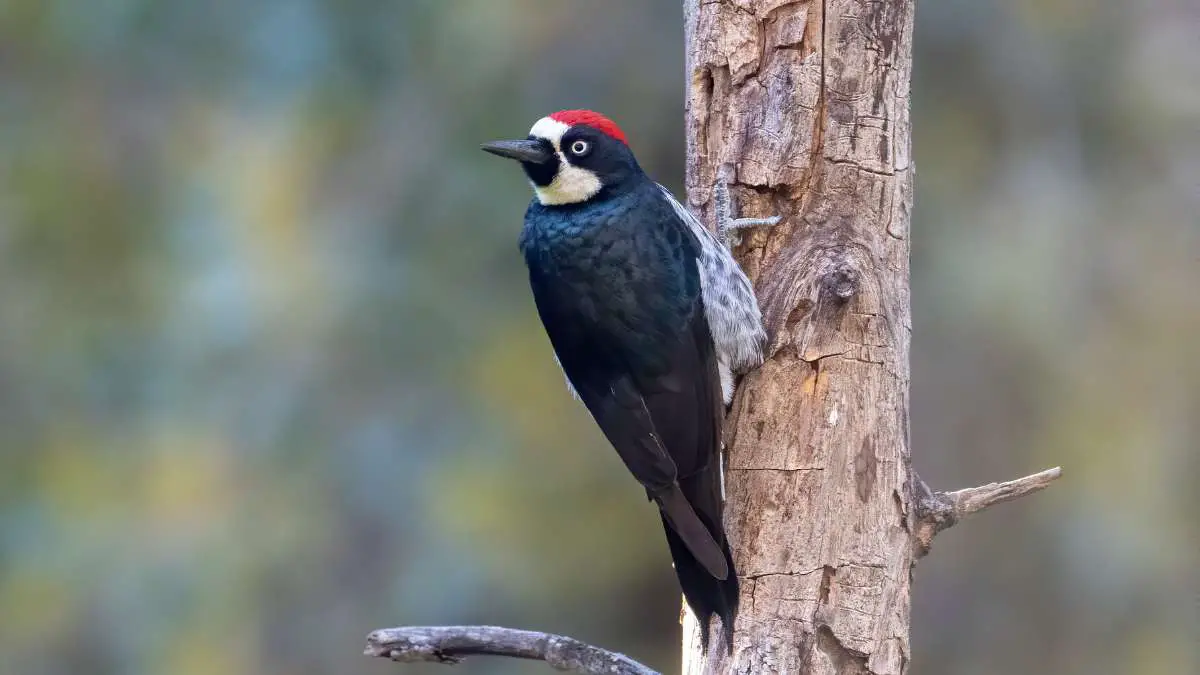Macaws have carved a niche for themselves in the pet world. As exotic pets, they’ve become quite the stars in the pet trade, capturing the hearts of many aspiring bird owners.
In this article, we’ll take a closer look at the burning question: Are macaws good pets?
The pet trade has certainly taken notice, making them popular choices for those seeking a vibrant and unique companion.
However, the glittering exterior comes with its challenges, and that’s what we’re here to unravel. This piece aims to be your guide, shedding light on whether macaws are the right fit for you.
Understanding Macaw Species
Overview of Macaw Species
When it comes to feathery companions, macaws often steal the spotlight with their vibrant colors and playful personalities.
These charismatic birds belong to a diverse family, each species bringing its unique flair to the world of avian companionship.
Diversity in Macaw Species
Macaws, with their distinct hues and sizes, offer a spectrum of choices for potential pet owners. From the majestic Hyacinth Macaw to the spirited Scarlet Macaw, the diversity in these species caters to various preferences and living situations.
Prospective pet owners must delve into the characteristics of different macaw species to find a perfect match for their lifestyle.

Common Species Kept as Pets (e.g., Blue and Gold Macaw, Scarlet Macaw)
Two popular macaw species that often find themselves in homes are the Blue and Gold Macaw and the Scarlet Macaw.
The Blue and Gold Macaw, adorned with vibrant blue and gold feathers, is renowned for its friendly demeanor and ability to mimic human speech.
On the other wing, the Scarlet Macaw attracts with its stunning red and blue plumage, forming strong bonds with its human companions.
Macaw Characteristics and Behavior
Physical Characteristics
Macaws boast vibrant plumage that can light up any room. Their impressive size adds to their majestic presence, and with a lifespan stretching several decades, they become lifelong companions.
Understanding the unique features of macaw anatomy, such as their strong beaks and zygodactyl feet, is key to providing them with a comfortable and enriching environment.
Behavioral Traits
Intelligence and Problem-Solving Abilities
Macaws aren’t just a feast for the eyes; they’re also remarkably intelligent birds. Their problem-solving abilities make them fascinating companions, capable of learning tricks and interacting with their surroundings in inventive ways.
Keeping their active minds engaged is crucial for a happy macaw.
Social Nature and Need for Companionship
Known for their social nature, macaws thrive on companionship. Whether it’s bonding with their human caretakers or forming close connections with fellow macaws, these birds crave social interaction.
Potential macaw owners should be ready to invest time and attention to meet this essential aspect of their well-being.
Vocalization and Mimicry Skills
The symphony of a macaw’s vocalizations is a testament to their impressive mimicry skills.
From mimicking household sounds to mastering human speech, these chatty birds love to engage in vocal communication.
Embracing and encouraging their natural inclination for vocal expression is part of the joy of having a macaw as a pet.
The Pros and Cons of Macaw Ownership
Pros:
These colorful feathered companions bring a whole lot of love into your life. First off, their affectionate and loyal nature makes them the perfect buddies. Picture this: a feathered friend always by your side, offering companionship that warms the heart.
Now, let’s talk about smarts. Macaws are intelligent little thinkers. Trainable to the core, these birds pick up tricks faster than you can say “feathered Einstein.”
Their clever antics will keep you entertained and might even earn them a treat or two.
And let’s not forget the visual feast. Macaws are a riot of colors, boasting a stunning appearance that turns heads. Their vibrant personalities match their plumage, making them a living work of art in your home.
Cons:
While macaws bring joy, they’re not for the faint of heart. High maintenance is the name of the game. These feathered beauties need a lot – from a spacious cage to a diverse diet, they’re not your low-maintenance pets.
Volume alert! Macaws love to express themselves, and that means loud vocalizations. If you’re dreaming of a peaceful, quiet home, a macaw might have other plans.
Lastly, brace yourself for the potential for destructive behavior. Macaws are active birds, and if not properly engaged, they might channel their energy into rearranging your furniture or giving your favorite book a makeover.
Macaw Care and Husbandry
Cage and Environment:
When it comes to macaw care, your feathered friend’s living quarters play a crucial role. Ensure the cage is not just a confinement but a comfortable haven.
Opt for a proper size – think spacious, with room to spread those majestic wings. Set up perches, toys, and activities to keep them mentally engaged. Macaws are bright sparks; keeping them mentally stimulated is key to a happy bird.
Diet and Nutrition:
A well-rounded diet is the cornerstone of macaw health. Provide a mix of pellets, fruits, vegetables, and nuts to keep them in top shape.
Watch out for common dietary pitfalls – too many sunflower seeds can lead to trouble. Balance is key, ensuring they get the nutrients they need for vibrant feathers and robust health.
Veterinary Care:
Regular vet check-ups are non-negotiable. Monitoring your macaw’s health is a proactive step to catch any issues early on.
Macaws can be prone to certain health issues, so having a knowledgeable avian vet on speed dial is wise. Keep an eye out for signs of distress or changes in behavior – it could be your macaw’s way of telling you something’s amiss.
In the world of macaw care and husbandry, attention to detail is your best ally. From the right cage setup to a well-balanced diet and regular health check-ups, these steps ensure your macaw not only survives but thrives in your care.
Socialization and Training of Macaws
Importance of Socialization:
Wondering if macaws make good pets? Socialization is the secret sauce. These vibrant birds thrive on interaction and mental stimulation. Picture a curious macaw exploring the world around it, engaging with you and other pets in the household.
This social bond is not just heartwarming; it’s essential for a happy, well-adjusted macaw.
Macaws, like us, need a sense of community, and your role as the head of their flock is crucial. Bonding time isn’t just about cuddles (though they love those too); it’s about forging a connection that lasts.
Training Tips:
Training your macaw doesn’t have to be a head-scratcher. Positive reinforcement is your golden ticket. Reward good behavior with treats and praise to create a positive association.
Start with the basics – teaching them simple commands like “step up” lays the foundation. Macaws are clever cookies; they catch on quickly.
Got a feathered troublemaker on your hands? Addressing behavioral issues is all part of the training game.
Whether it’s excessive squawking or a penchant for nibbling on furniture, consistency is key. Redirect their attention to toys or activities that align with your household rules.
With a bit of patience and a pocketful of treats, you’ll find that macaws aren’t just good pets; they’re delightful companions who can be trained to be well-mannered members of your household.
Macaws as Pets: Legal and Ethical Considerations
Legal Regulations:
Before welcoming a macaw into your home, it’s vital to navigate the legal landscape. Check local laws and regulations to ensure you’re on solid ground with macaw ownership.
Some regions may require permits or have specific guidelines. Obtaining the necessary paperwork not only keeps you on the right side of the law but also contributes to responsible pet ownership.
Ethical Considerations:
Beyond legality, ethical considerations play a crucial role in macaw care. The pet trade has a profound impact on wild macaw populations.
Mindful choices in obtaining a macaw can contribute to conservation efforts. Opting for responsible breeding practices or adopting from reputable sources ensures you’re not inadvertently supporting harmful practices.
The key is to be a conscious consumer in the pet world, making choices that align with both your desires for a feathered companion and your commitment to the welfare of these magnificent birds.
In the realm of macaw ownership, understanding and adhering to legal and ethical considerations isn’t just a responsibility; it’s a pledge to be a conscientious caregiver.
By being aware of and respecting the legal framework and ethical standards, you’re not just making a pet choice; you’re making a positive impact on the broader welfare of macaws.
Are Macaws Good Pets? Real-Life Experiences
Personal Stories:
Wondering if macaws make good pets? Let’s dive into the real-life tales of those who share their homes with these feathered wonders. Through interviews and anecdotes, we get a glimpse into the day-to-day adventures of macaw owners.
One owner might regale you with the heartwarming story of their macaw’s affectionate morning greetings, while another might share the comical escapades of a mischievous macaw with a penchant for stealing socks.
Challenges and Joys of Living with Macaws:
It’s not all rainbows and sunshine – living with macaws comes with its set of challenges. Owners might speak candidly about the occasional loud squawks or the need for ample playtime to keep these intelligent birds engaged.
Yet, the joys are equally abundant. The sense of companionship, the vibrant personality of a macaw, and the shared moments of laughter and love create a tapestry of experiences that make the challenges worthwhile.
Real-life experiences provide a nuanced perspective on macaw ownership. From the everyday moments that bring joy to the hurdles that require patience, these stories offer a glimpse into the multifaceted journey of having a macaw as a pet.
After all, understanding the real-life adventures of macaw owners is a key step in deciding if these colorful companions are the right fit for your lifestyle.
Conclusion
So, thinking about having a macaw as a pet? Well, let’s sum it up.
Macaws are colorful and fun, making them tempting pals. But, there’s a catch. They need lots of care, can be noisy, and crave attention.
Deciding to get a macaw means being responsible. If you’re ready for the commitment and the exciting journey, these birds can make you really happy.
Just be sure to learn more, talk to experienced owners, and make a choice that’s good for both you and the birds. The world of macaw buddies is waiting if you’re up for the adventure!
You may also like:




